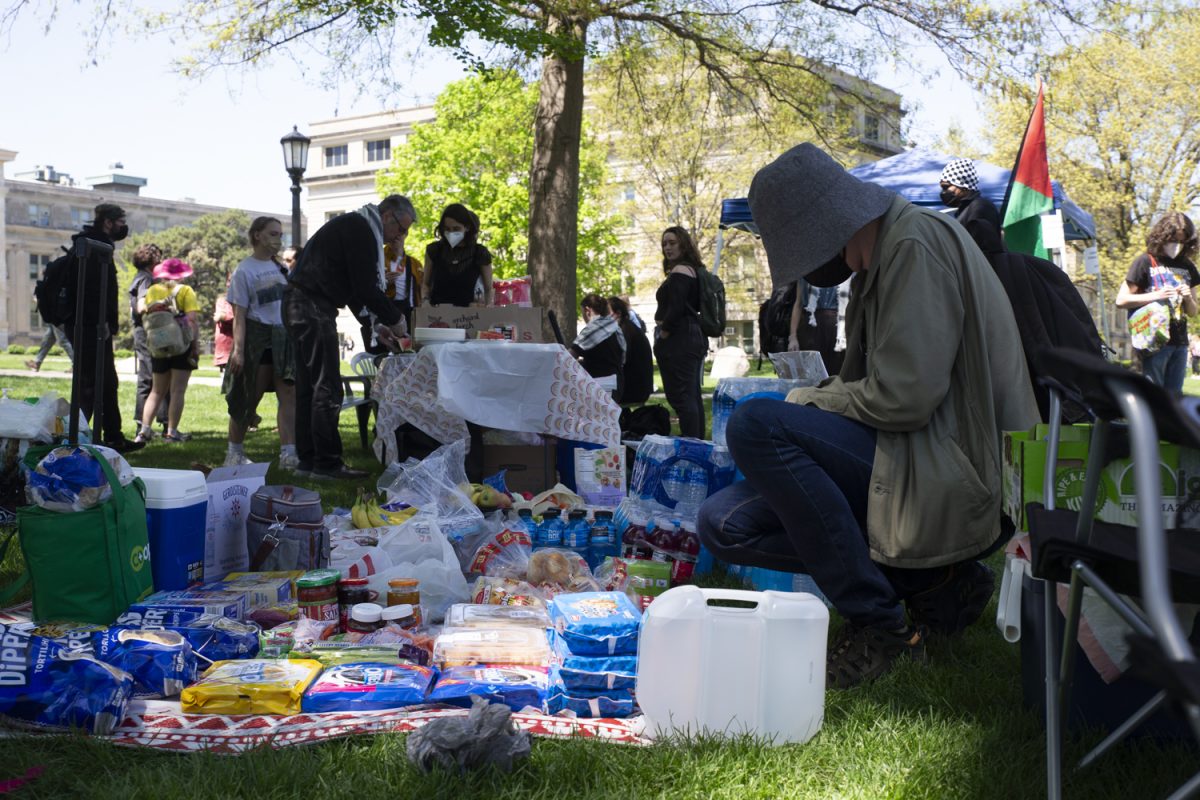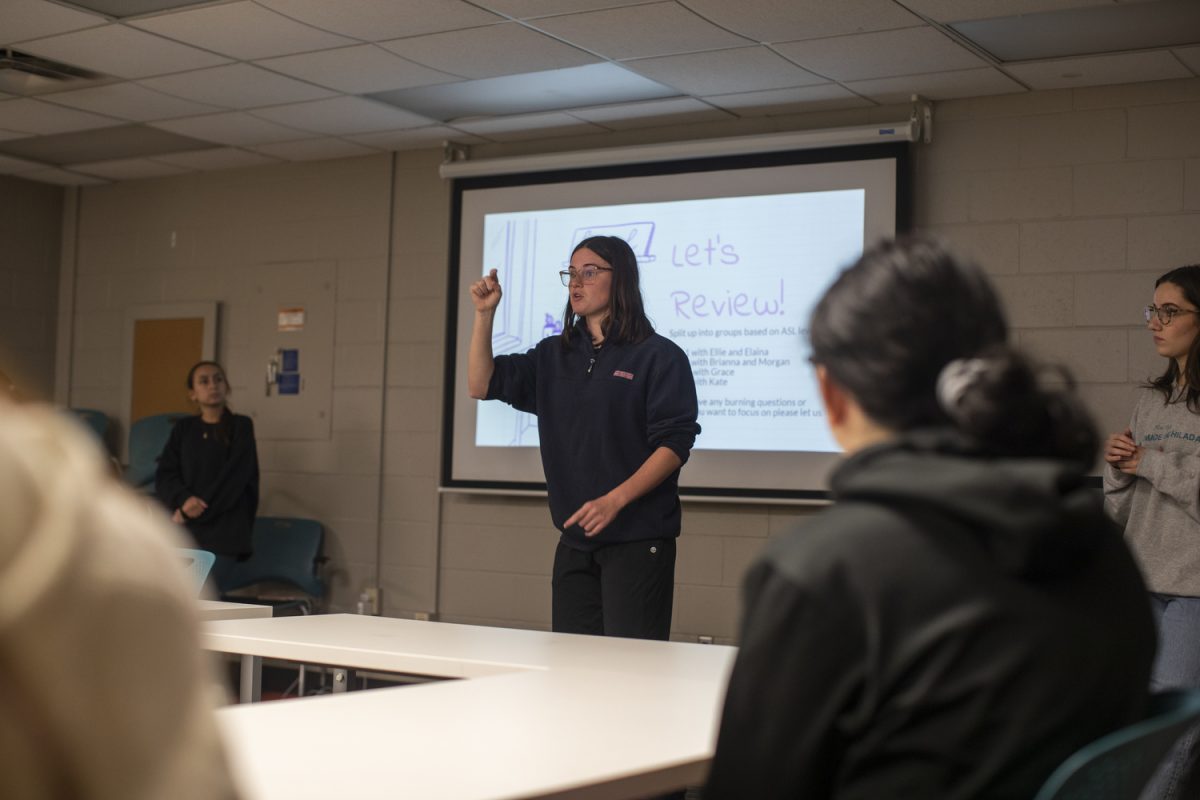Scotland voted yesterday in a historic referendum, which has the possibility of creating a separate, independent nation from the United Kingdom.
Many in the country are split over the issue.
UI junior Adam Sword from Inverness, Scotland doesn’t want Scotland to separate because he worries about currency issues.
“Even if they keep the pound, the Bank of England will still determine the rates,” Sword said. “It’s not even clear what the passport deal is. The fact that stuff is still up in the air is worrisome.”
Sword said he feels it is important for Scotland to remain a part of the United Kingdom.
“On a basic level for me, I like it how it is,” he said. “If it’s not broken, why fix it? I am fine with how it is now.”
UI junior Jack Beaver was born in Scotland, but immigrated to the United States when he was young.
“I think that they shouldn’t [vote yes] because they are afraid it might hurt the economy,” Beaver said. “I know that most Scottish people are very proud and will probably vote yes.”
Beaver said Scottish independence is more of a modern issue. His parents are also both born in the U.K. and said they are also against independence for Scotland.
“I think that if the three of us voted it would be no, but [if] more relatives in Scotland voted their answer would be different,” Beaver said.
UI Political Science Professor Frederick Solt said the U.S. foreign policy could be affected by this vote.
“We could anticipate that because the U.K. has been an alliance with the U.S., independence for Scotland could weaken the U.K. on the world stage and that could affect U.S. policy,” Solt said.
Solt said some want independence from the U.K. because the people of Scotland feel they have not been well represented in the government.
The “Yes Vote” campaign also says everything will stay the same for Scotland including their membership with the European Union and NATO. The campaign argues Scotland be automatically admitted into the EU.
“A number of other EU countries do not agree,” Solt said. “If Scotland has an easy entrance into the EU, it will encourage other separatist parties to break away [from their countries.] In the end, Scotland will face a lot of hurdles.”
Yue Hu, a PhD student from the Political Science Department, said breaking away from the U.K. would be problematic for Scotland.
“[Currently] they have the oil reserves and the Scottish economy is good within the U.K.,” Hu said.
Hu said because oil is a natural resource, it will eventually run out. This will have repercussions on the U.K.’s economy.
“Economics can lead to political issues or military issues,” Hu said. “That’s why people around the world are concerned for them because there might be tough times ahead for Scotland.”
Hu said Scotland could have some international political issues right away as well.
“One of the first political problems for an independent Scotland is that the world will need to accept them as an independent country,” he said.
The fate of Scotland and the rest of the United Kingdom will be decided early on Friday morning when the votes come in. If Scotland voted to become independent, March 24, 2015 will be their first day as an independent nation.






